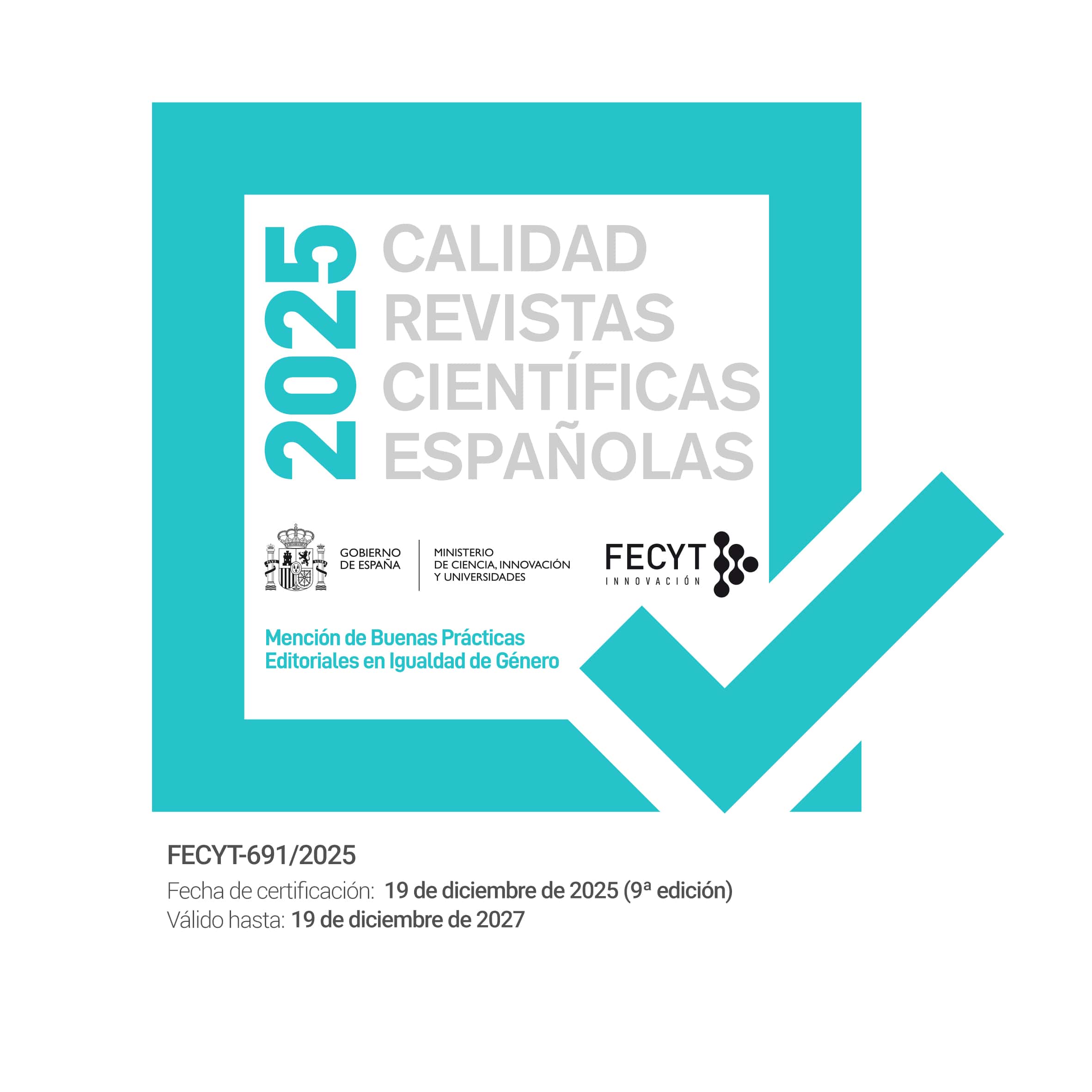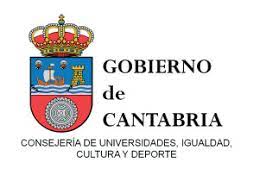Don Quixote at the Grove: Courting the Limits of Proteus in Don Quijote II, 10
DOI:
https://doi.org/10.55422/bbmp.329Keywords:
Don Quixote, Cervantes, Dulcinea, Sancho Panza, Proteus, Death, HumorAbstract
The aim of this essay is to rethink the narrative structure that imposes on Don Quixote the need for a brief withdrawal from the action in the tenth chapter of the second part of the novel. Analyzing the circumstances and consequences of this impasse, I intend to elucidate the possible meanings of this phase of grave concern and anxiety. The main hypothesis of this study points to read the episode as a sign of further dramatic character development, taking into account that this interruption cannot be compared with other halts of action in the novel. In this sense, I propose that the episode depicting Don Quixote at the grove becomes a defining example of the protean nature of the hidalgo. The secondary objective of this article is to analyze the modern reader’s expectations for the novel, trying to discern the real dramatic quality of a hero whom Cervantes very likely did not conceive in the transcendental dimension that many readings assign to it.
Downloads
Publication Facts
Reviewer profiles N/A
Author statements
Indexed in
- Academic society
- Sociedad Menéndez Pelayo
- Publisher
- Sociedad Menéndez Pelayo
Global Statistics ℹ️
|
171
Views
|
103
Downloads
|
|
274
Total
|
|
Downloads
Published
How to Cite
Issue
Section
License

This work is licensed under a Creative Commons Attribution-NonCommercial 4.0 International License.








